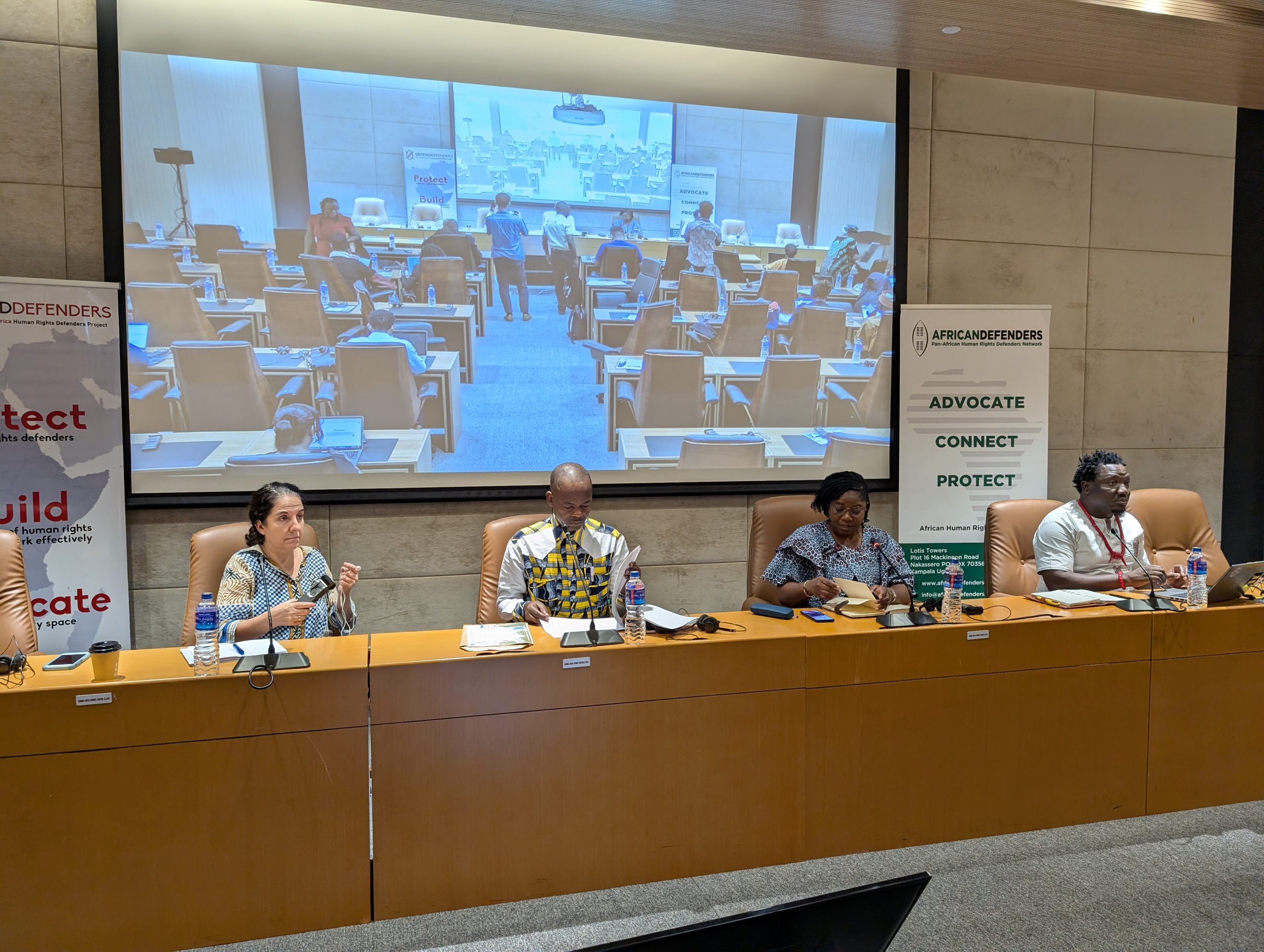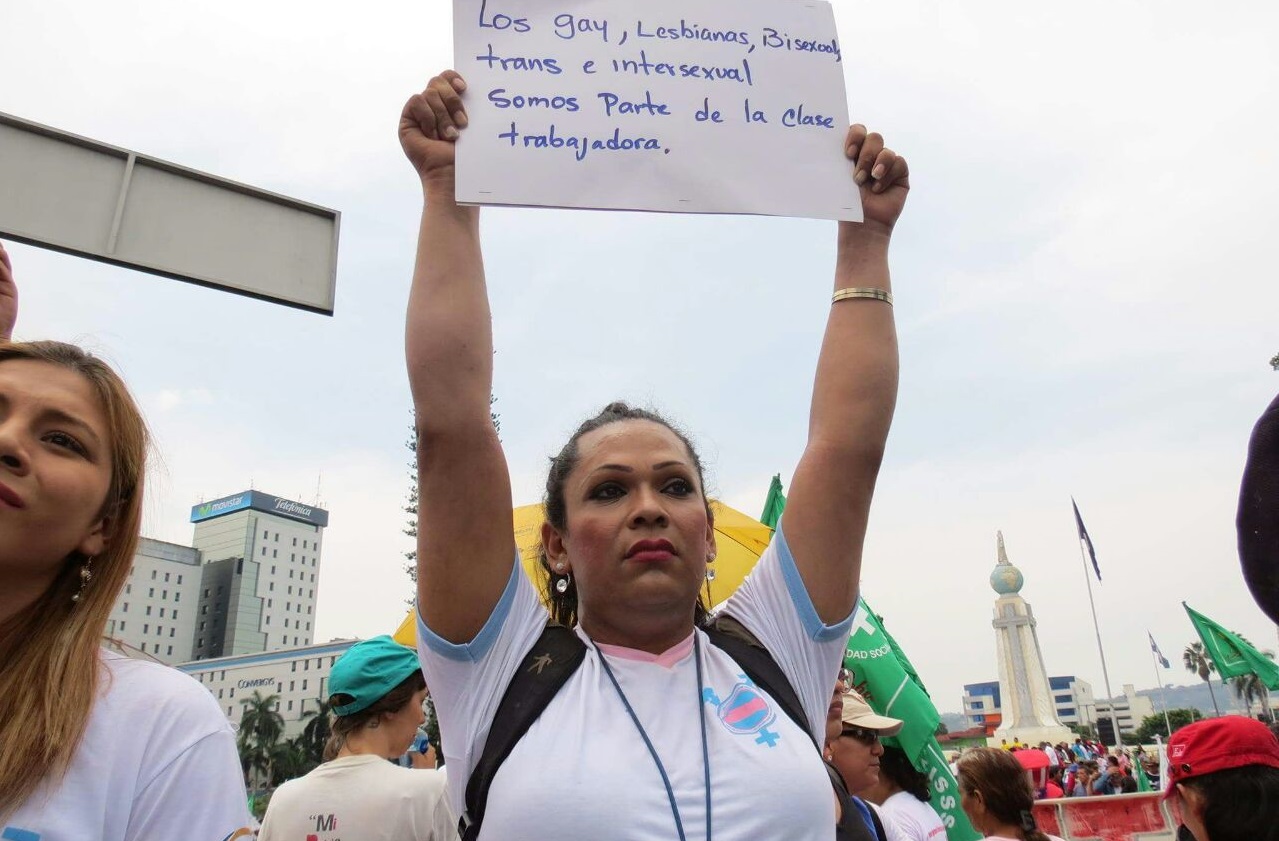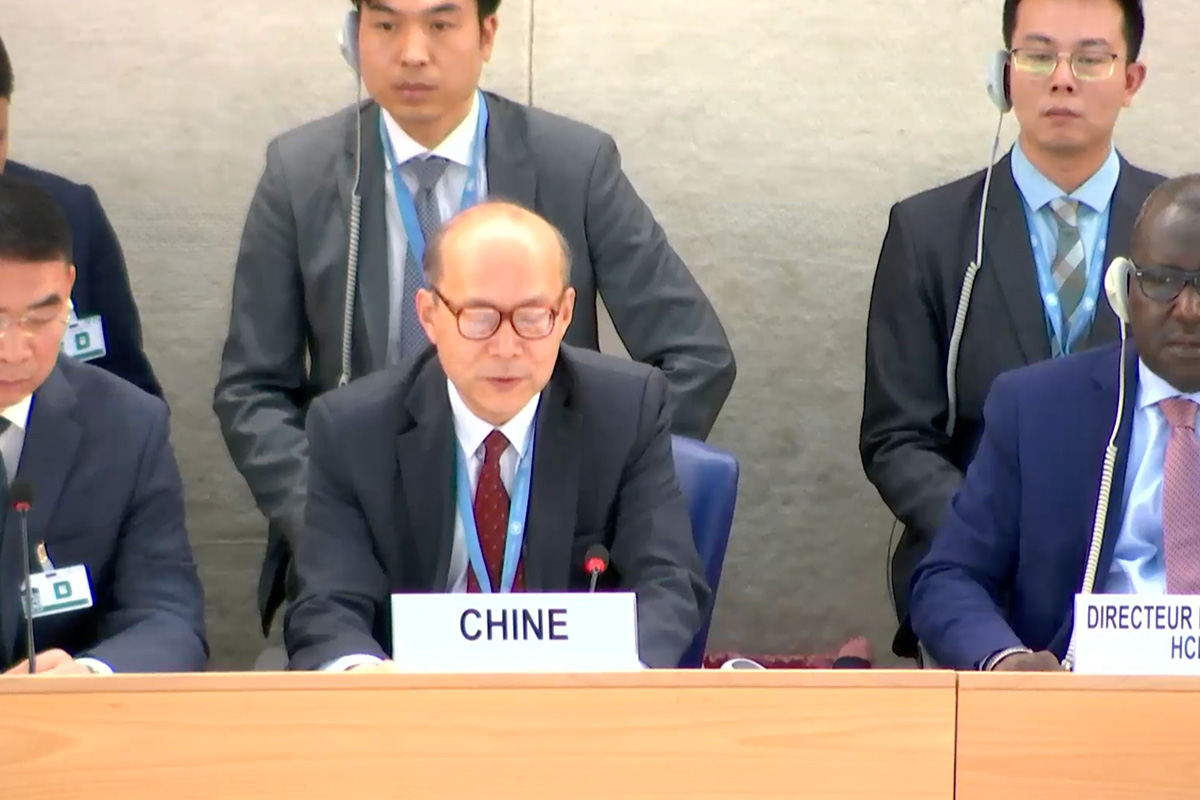Karla Avelar, former ISHR trainee and Executive Director of COMCAVIS TRANS, an organisation defending and promoting the rights of trans and lesbian, gay, bisexual and intersex (LGBTI) persons, was threatened by criminal gangs three days after being named as a finalist for the 2017 Martin Ennals Award last month.
Three individuals, identified by Avelar as gang members, came to her home and demanded half of the money awarded to the winner of the Martin Ennals Award – thinking that she had already won. The gang members reportedly threatened that either she hand over the cash within three days or she would be forced to leave.
Explaining why she abandoned her home, Karla Avelar – the first trans woman to be a Martin Ennals Award finalist – said that she was not going to wait to be killed. As a life-long defender of the rights of LGBTI persons, Avelar has faced many threats and physical attacks, but the number and frequency of threats, especially on social media, has been increasing since the nomination.
“The Martin Ennals Foundation warned me that accepting the nomination could put me at risk,” Avelar said to El Diario de Hoy. “The work that we do as human rights defenders is not considered legitimate by many people and many parts of the government, but the State needs to understand that to talk about LGBTI persons is also to talk about human rights.”
ISHR’s women’s rights and LGBT rights programme manager, Pooja Patel agrees that the risks Karla Avelar faces are rooted in the Government of El Salvador’s failure to protect human rights and to combat homophobia, transphobia and the general situation of insecurity.
“The people of El Salvador are living a reality of shockingly high rates of criminality and impunity. Within that context, human rights defenders are at higher risk, trans persons are at higher risk, and a trans human rights defender is even more so,” said Patel. “The State must act now to guarantee the security of members of COMCAVIS TRANS, and to take steps to protect all LGBTI defenders in the country.”
Patel also called on UN mechanisms, in particular the UN Special Procedures – independent human rights experts – to monitor the situation.




